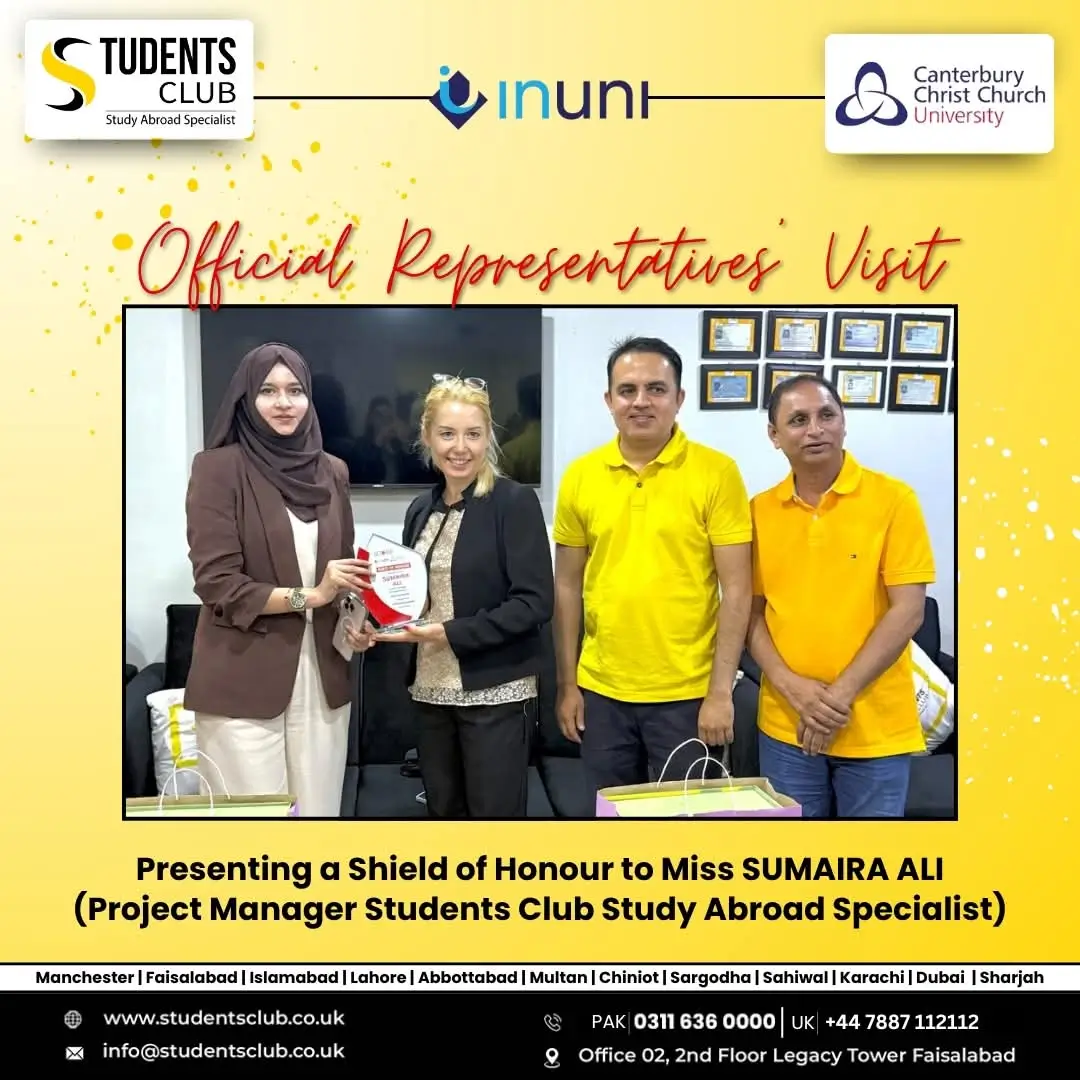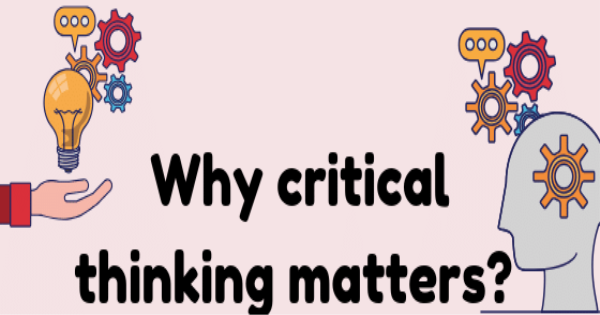As we move deeper into the digital age, the job market in 2025 is being reshaped by technological innovation, changing employer expectations, and the rise of alternative education. One question continues to spark debate among students, job seekers, and professionals alike: What matters more—study or skill?
While traditional education still holds value, the rise of skills-based hiring has changed how employers evaluate candidates. In today’s landscape, being employable means more than having a degree—you need to prove you can deliver results.
The Role of Formal Education
Academic qualifications remain relevant, especially in certain professions. Medicine, law, engineering, and academia still require formal degrees due to regulatory standards and the depth of theoretical knowledge needed. Here’s how a degree continues to offer value:
Credential Verification: Degrees act as a baseline filter for many organizations, helping employers shortlist candidates quickly.
Structured Learning Environment: Universities and colleges provide a systematic way to learn foundational knowledge.
Development of Critical Thinking: Higher education trains students to analyze, research, and problem-solve—skills valued across all sectors.
Professional Networks: Academic institutions often offer valuable networking channels, internships, and job placement support.
However, with industries evolving faster than university curricula, education alone is no longer a guarantee of employment.
The Growing Importance of Skills
In recent years, companies have increasingly adopted skills-based hiring practices, prioritizing demonstrated ability over academic credentials. In 2025, this trend has become even more prominent.
Rapid Tech Advancements: The pace of innovation requires candidates who can adapt quickly and learn new tools, platforms, and methods.
Practical Problem Solving: Employers seek individuals who can immediately contribute to projects, especially in fast-paced industries like software development, design, content creation, and digital marketing.
Alternative Learning Paths: Bootcamps, online certifications, and self-taught skills are now widely accepted as valid forms of expertise.
Portfolio-Based Hiring: For many creative and technical roles, a strong portfolio often outweighs academic transcripts.
The focus has shifted to what you can do, not just what you’ve studied.
Real-World Examples
Major companies such as Google, IBM, and Apple have removed degree requirements for many roles, signaling a shift toward skills-first evaluation.
Startups and tech companies are hiring based on GitHub contributions, online portfolios, and freelance experience.
Platforms like Coursera, Udemy, and LinkedIn Learning are empowering learners to upskill at their own pace, often faster than a traditional degree path.
These changes highlight how performance, not pedigree, is becoming the new standard.
A Balanced Approach: Study and Skill Together
The most competitive candidates in 2025 are those who combine both formal education and practical skills. Neither side alone is enough in most cases. A degree may help get you in the door, but skills determine how far you go.
Here’s why a hybrid approach works best:
Academic learning builds critical thinking and theoretical knowledge.
Skills training offers real-world applications and problem-solving experience.
Employers value candidates who are both knowledgeable and capable.
Blending both creates a well-rounded professional profile.
Rather than choosing between study or skill, the future belongs to those who actively pursue both.
How to Prepare for the 2025 Job Market
To remain relevant and hire-ready in 2025, candidates should:
Understand Industry Expectations: Research what your target employers prioritize—some roles demand degrees, others value hands-on experience more.
Invest in Skills Training: Enroll in online courses, bootcamps, or workshops in high-demand areas like data analysis, AI, cybersecurity, and digital marketing.
Build a Portfolio: Showcase your work through case studies, code repositories, designs, blogs, or freelance projects.
Gain Experience: Pursue internships, volunteer roles, or part-time jobs that give you a chance to apply what you’ve learned.
Focus on Soft Skills: Communication, adaptability, time management, and teamwork are often just as important as technical ability.
Stay Updated: Follow trends in your industry and keep learning new tools and technologies.
Related Articles
-
 Ilmkidunya 05/Aug/2025
Ilmkidunya 05/Aug/2025How to Choose the Right Career Path as a Student
-
 Ilmkidunya 01/Aug/2025
Ilmkidunya 01/Aug/2025Trusted Education Consultants in Pakistan – Students Club
-
 Ilmkidunya 01/Aug/2025
Ilmkidunya 01/Aug/2025How Entry Test Patterns Are Changing in 2025
-
 Ilmkidunya 01/Aug/2025
Ilmkidunya 01/Aug/2025How to Prepare for University Admissions in 2025
-
 Ilmkidunya 27/Jul/2025
Ilmkidunya 27/Jul/2025Top 5 Career Options After FSC (Pre-Medical) in 2025
-
 Ilmkidunya 17/Jul/2025
Ilmkidunya 17/Jul/20255 Jobs for Computer Science & IT Students That Do Not Need Programming
-
 ilmkidunya 11/Jul/2025
ilmkidunya 11/Jul/2025Understanding Aptitude and Its Role in Career Planning
-
 Ilmkidunya 08/Jul/2025
Ilmkidunya 08/Jul/2025Top 10 Universities in Lahore – 2025 Guide
-
 Ilmkidunya 01/Jul/2025
Ilmkidunya 01/Jul/2025The Future of Artificial Intelligence in the Job Market
-
 Ilmkidunya 30/Jun/2025
Ilmkidunya 30/Jun/2025How to Set and Achieve SMART Goals
-
 Ilmkidunya 23/Jun/2025
Ilmkidunya 23/Jun/2025Top 10 Engineering Degrees With The Highest Demand in 2025
-
 Ilmkidunya 13/Jun/2025
Ilmkidunya 13/Jun/2025How Internships Help Shape Career Goals
-
 Ilmkidunya 13/Jun/2025
Ilmkidunya 13/Jun/2025Why Critical Thinking Matters Today More Than Ever
-
 ilmkidunya 21/May/2025
ilmkidunya 21/May/2025Top Tips for Building a Strong Academic CV in 2025 – Even with No Experience
-
 Ilmkidunya 14/May/2025
Ilmkidunya 14/May/2025How Languages Shape the Way We Think
-
 Ilmkidunya 13/May/2025
Ilmkidunya 13/May/2025From Idea to Invention: How Students Can Be Innovators
-
 Ilmkidunya 12/May/2025
Ilmkidunya 12/May/2025How to Learn Anything Faster: Techniques Backed by Science
-
 Ilmkidunya 06/May/2025
Ilmkidunya 06/May/2025Top Programming Languages to Learn in 2025
-
 ilmkidunya 28/Apr/2025
ilmkidunya 28/Apr/2025Best Short Courses Students Can Take After Matric and Intermediate
-
 Ilmkidunya 23/Apr/2025
Ilmkidunya 23/Apr/2025Why Career Guidance is Essential in 2025: Navigating the Future of Work

.gif)









.png)


Share Your Comments Questions Here